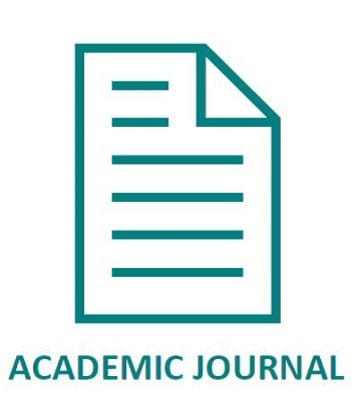Reducing sewer corrosion through integrated urban water management
Abstract
Sewer systems are among the most critical infrastructure assets for modern urban societies and provide essential human health protection. Sulfide-induced concrete sewer corrosion costs billions of dollars annually and has been identified as a main cause of global sewer deterioration. We performed a 2-year sampling campaign in South East Queensland (Australia), an extensive industry survey across Australia, and a comprehensive model-based scenario analysis of the various sources of sulfide. Aluminum sulfate addition during drinking water production contributes substantially to the sulfate load in sewage and indirectly serves as the primary source of sulfide. This unintended consequence of urban water management structures could be avoided by switching to sulfate-free coagulants, with no or only marginal additional expenses compared with the large potential savings in sewer corrosion costs.
Note: Journal articles and conference papers (and links where available) are available under open access arrangements where possible. Otherwise please contact your institution’s library, the authors, or publishers to organise full access.
